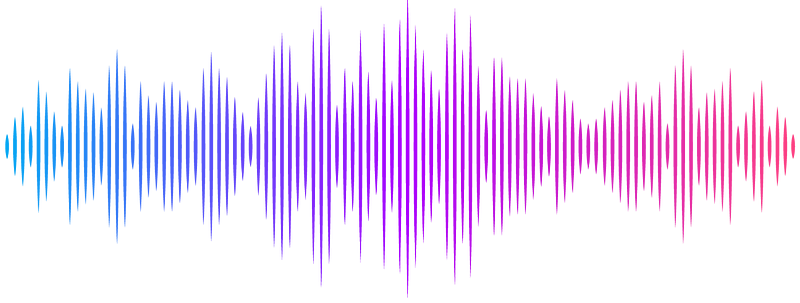The China Brain Multi-omics Atlas Project (CBMAP)

The China Brain Multi-omics Atlas Project (CBMAP)
Zhou, D.; Zhou, Y.; Sun, Z.; Ji, F.; Zhang, D.; Wang, Q.; Ruan, Y.; Wang, Y.; Zhu, Y.; Sun, X.; Li, M. J.; Yuan, C.; Liu, K.; Sun, L.; Zhai, W.; Fan, J.; Zhu, K.; Qiu, W.; Yan, X.; Ma, C.; Shen, Y.; Bao, A.; Yue, W.; Shi, Y.; Chen, C.; Yang, J.; Duan, S.; Zhang, J.
AbstractThe China Brain Multi-omics Atlas Project (CBMAP) aims to generate a comprehensive molecular reference map of over 1,000 human brains (Phase I), spanning a broad age range and multiple regions in China, to address the underrepresentation of East Asian populations in brain research. By integrating genome, epigenome, transcriptome, proteome (including multiple post-translational modifications), and metabolome data, CBMAP is set to provide a rich and invaluable resource for investigating the molecular underpinnings of aging-related brain phenotypes and neuropsychiatric disorders. Leveraging high-throughput omics data and advanced technologies, such as spatial transcriptomics, proteomics, and single-nucleus 3D chromatin structure analysis, this atlas will serve as a crucial resource for the brain science community, illuminating disease mechanisms and enhancing the utility of data from genome-wide association studies (GWAS). CBMAP is also poised to accelerate drug discovery and precision medicine for brain disorders.